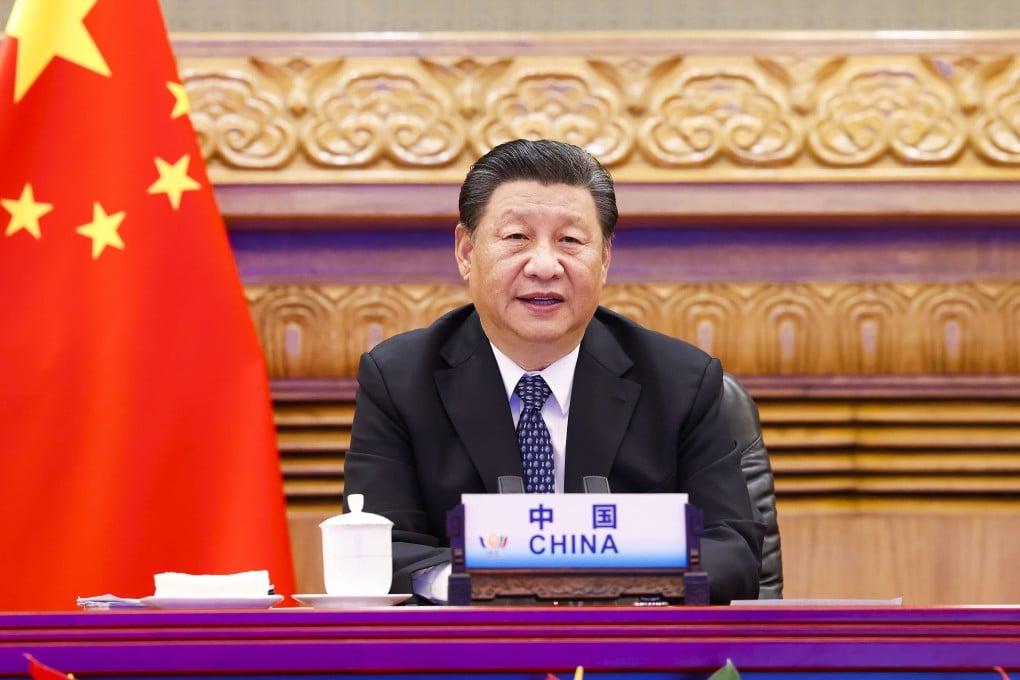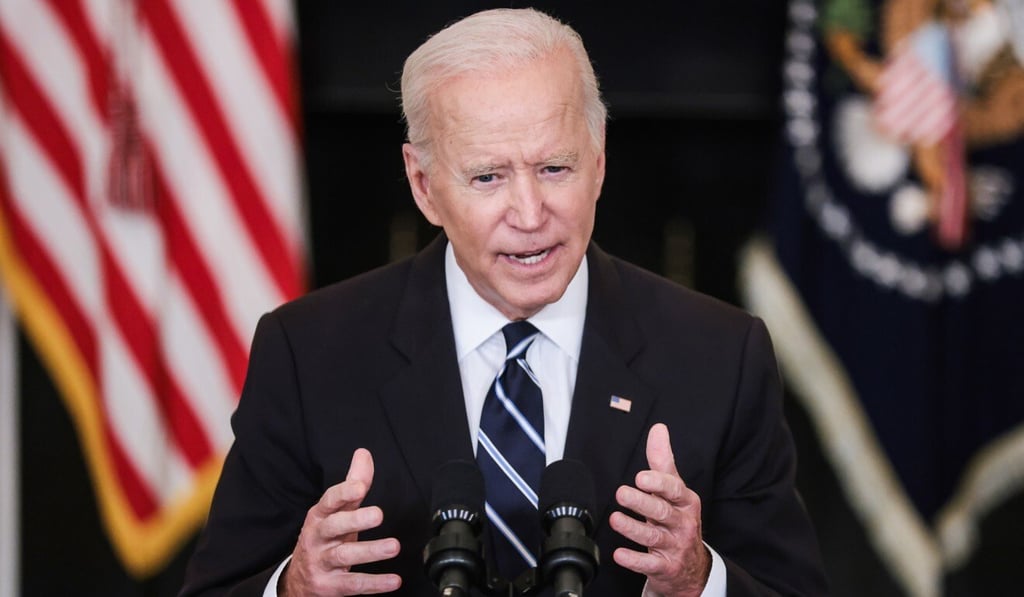Editorial | Phone call between presidents must be seen as constructive
- While sensitive issues could have arisen in the call between Joe Biden and Xi Jinping, both sides may have wanted to avoid divisive obstacles to further exchanges of views in the world’s most significant bilateral relations

Briefings from both sides made it clear many differences remain.
The Taiwan issue is a case in point, on two counts. One is that Beijing reported the US reaffirmed its commitment to the one-China policy, the foundation of bilateral relations. The other is that the White House account of the call made no reference to Taiwan, or any other specific issue.
That avoided the topic at a sensitive time, when the island is reported to be trying to raise the profile of its representative office in the US by renaming it Taiwan instead of Taipei, a provocative move.

Beijing said the two sides had a very candid exchange of views. If the phone call is to be remembered for one of them, it could be Xi’s call for courage in putting ties back on track because confrontation would mean only suffering for the world … “[it] is a question of the century to which the two countries must provide a good answer”, he said. It is clear Xi does not expect a quick or easy outcome.
The White House said the two leaders discussed the responsibility of both nations to “ensure competition does no veer into conflict”.
